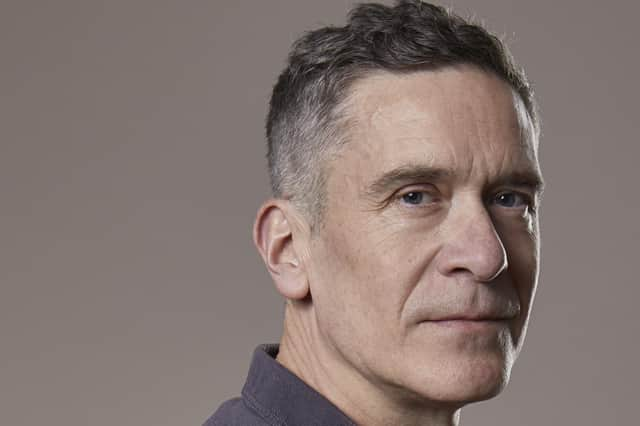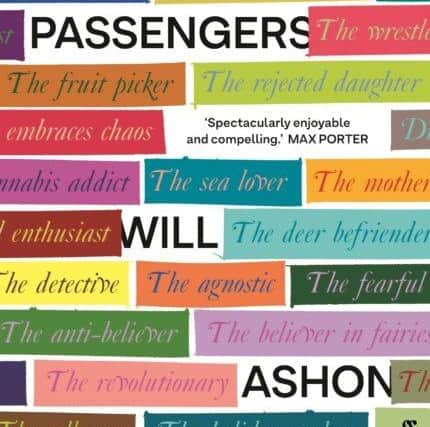Book review: The Passengers, by Will Ashon


In The Passengers, Will Ashon sets out to paint a portrait of contemporary Britain as told through the testimonies of its inhabitants. It is an interesting premise – the author spent 18 months up to March 2021 asking people about their lives in person, by phone or via the internet, or by asking them to record and send him their answers. The resulting statements have been curated in the book, starting from the first, which is just a few words long, then getting longer and more detailed until the middle of the book, where each chapter runs to a few pages, before the length of statements begins to shorten again, returning to one sentence at the end.
No details are given of the interviewees, the question or questions asked or the method used to record each testimony, so there is a feeling of overhearing snatches of a stranger's conversation on a train when you can’t turn to look at the speaker. Some of the tales are tragic, some thought-provoking, a few amusing. Refugees speak in broken English of their impressions of Britain in one chapter; in another there is a joyful recollection of a budget holiday with seven kids, to a B&B in Maidstone. I warmed to the man, or woman – we aren’t told – who copied a poem from a magazine for a school project and went on to win a prize. The nagging fear of exposure obviously stayed with them, causing them to finally confess to plagiarism 50 years later. And I laughed along with the person discussing their polyamorous sex life who finds the rest of her tribe dull. She says: “I certainly don’t want people to approach me and say, ‘Do you know I’m poly?’ And I’m like, ‘Well, of course you are. You’ve got a man-bun and you look a bit pale – are you vegan too?’”
Advertisement
Hide AdThere is also an interesting, extended explanation of the social set-up of a peace protest at a nuclear base from a woman who details the various separate camps – one for the religious, one for radical feminists, another for “New Agey” types. She joins the one within walking distance of the pub. It is these longer chapters that are the most interesting. Although the structure of the book does lead to you gradually lean in as the statements get more and more detailed, it does mean that some of the shorter ones at the start and end are less engaging.


Because of the timescale in which the interviews were being conducted, Covid does feature, although not always explicitly. You can get a sense, however, of which have been recorded without an interviewer present to make sense of a stream of narrative – presumably during lockdowns. One interviewee says: “I’m sitting here recording this weird, slightly mad and embarrassing thing, crouched in the corner of my kitchen next to the window – and I can barely speak.” Which does as much to encapsulate the weirdness of the pandemic years as anything else here.
The Passengers, by Will Ashon, Faber & Faber, £14.99. Will Ashon is appearing at the Edinburgh International Book Festival on 23 August